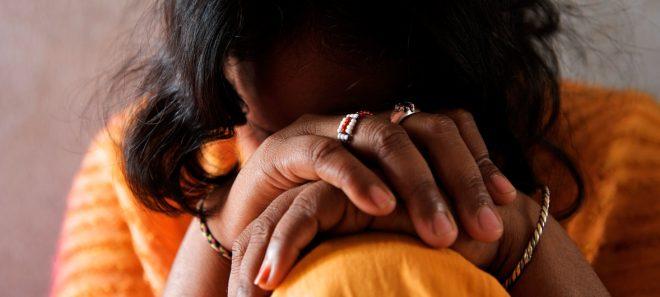
World Health Organisation (WHO) Regional Director for Africa, Dr Matshidiso Moeti, says significant investment needs to be made to tackle Africa’s growing burden of chronic diseases and non-infectious conditions such as mental disorders that can lead to suicide.
Dr Moeti said this during the social media campaign launched by the WHO ahead of World Mental Health Day which aims to reach 10 million people across the region.
World Mental Health Day is commemorated every 10 October, with this year’s theme being “Make Mental Health and Well-Being for All a Global Priority”, to draw attention to the importance of mental health care and the need for better access to health services.
The campaign’s goal is to raise public awareness and galvanize the support of governments and policymakers to increase focus and funding for mental health programmes, including suicide prevention efforts.
“Suicide is a major public health problem and every death by suicide is a tragedy. Unfortunately, suicide prevention is rarely a priority in national health programmes, as significant investment must be made to tackle Africa’s growing burden of chronic diseases and non-infectious conditions such as mental disorders that can contribute to suicide,” Dr Moeti said.
In Africa, underinvestment by governments is the greatest challenge to adequate mental health service provision. On the average, governments allocate less than 50 US cents per capita to mental health. Although it is an improvement from 10 US cents in 2017, it is still well below the recommended US $2 per capita for low-income countries. Additionally, mental health care is generally not included in national health insurance schemes.
Due to the low investment in mental health services, the African region has one psychiatrist for every 500 000 inhabitants, which is 100 times less than WHO recommendation. Additionally, mental health workers are mostly in urban areas, with primary and community health facilities having very few if any.
WHO is supporting countries to step up mental health services in the region. Primary healthcare workers in Zimbabwe are being trained under a WHO initiative to boost quality and access to mental health services. The health agency is also supporting Cabo Verde and Cote d’Ivoire to carry out national suicide situation analysis as a first step towards developing effective response measures.
“Mental health is integral to wholesome health and well-being yet far too many people in our region who need help for mental health conditions do not receive it. It’s time for radical change,” Moeti said. “Ongoing efforts by countries should be reinforced and broadened to make mental health care a public health priority in the African region.”
The African region is home to six of the 10 countries with the highest suicide rates worldwide. The common means of suicide in the region are hanging, pesticide self-poisoning and to a lesser extent drowning, use of a firearm, jumping from a height or medication overdose. Studies show that in Africa for each completed suicide, there are an estimated 20 attempted ones.













